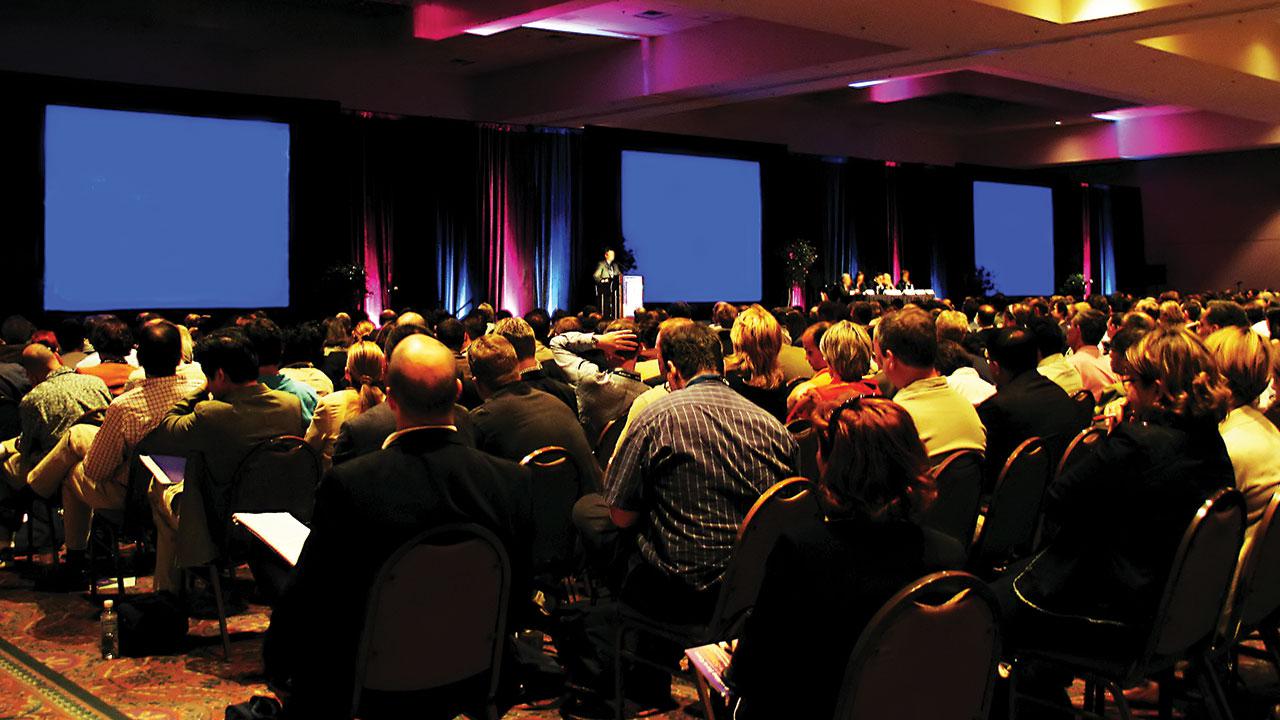
The Treasurer Joe Hockey has announced that he will hold town-hall meetings across the country in the coming months to start a conversation about the future of Australia after handing down the intergenerational report.
On 5 March on 7.30 he stated “this opens up a new debate that we are asking all Australians to participate in because all wisdom and knowledge doesn't come through the air-conditioning in this building. It comes from the community, it comes from the leadership of the Government, but it's got to be a partnership for the future”.
In the last year the government has been accused of being undemocratic by many organisations including the IPA. But these town-hall meetings chaired by the Treasurer are an excellent way for the Government to engage with the public in a democratic way.
Public discussions such as these town-hall events have been occurring around the world for millennia and are a form of deliberative democracy.
What is deliberative democracy?
Essentially deliberative democracy encourages the justification of decisions made by government representatives. Representatives should give reasons for decisions and respond to reasons that citizens give in return.
The ANU Centre for Deliberative Democracy & Global Governance defines deliberative democracy as “a field of political inquiry that is concerned with improving collective decision-making. It emphasizes the right, opportunity, and capacity of anyone who is subject to a collective decision to participate (or have their representatives participate) in consequential deliberation about that decision”.
Why are these town-hall meetings important?
These deliberative assemblies give the government an opportunity to publicly discuss and justify the laws that it intends to make. But it also provides an opportunity for citizens to deliberate about these issues and justify the laws they may like implemented.
Deliberative democracy has a lengthy history
The Armarna letters dated from the 1350s – 1330s BCE contain references to early Phoenician civilisations that made provision for broad assemblies of citizens to deliberate on matters and directly address Egyptian officials and kings.
In fifth century Athens, Aristotle defended the value of a process in which citizens publicly discussed and justified laws to one another. He argued that ordinary citizens debating and deciding together could reach a better decision than experts acting alone.
As civilisations grew in size and direct democracy was replaced with representative democracy it became much more difficult for large citizen groups to deliberate on every law. Large deliberative groups are also problematic as they are capable of providing inconsistent recommendations when they deliberate on several issues. As such deliberations in the more recent times have focused on one important issue at a time.
The drafting of the Australian Constitution was one such deliberation.
Informal discussions about federating the colonies began from about the 1850’s. The formal process deliberative process occurred from 1890 to 1898 in the form of Constitutional conventions. The details of the deliberations at these events were recorded and eventually referendums were held in each colony to approve the federation. Citizens had the opportunity to attend Constitutional events, participate in debates and then vote in their colony’s referendum.
In more recent years we have seen the IDA gather citizen assemblies to deliberate on important matters including the 1999 referendum about Australia retaining its current constitutional monarchy, or becoming a republic.
What are the challenges of deliberative democracy in the 21st century?
Jennstål and Niemeyer from the Centre for Deliberative Democracy and Global Governance write “Achieving deliberative outcomes requires a better understanding of how different deliberative situations are better suited to different kinds of individuals in a deliberative system, rather than seeking a ‘one size fits all’ approach to deliberative democracy”. Some people are not open or willing to talk and reflect or engage in a political discussion. Perhaps there are other ways to involve these people.
Further to this, technology has changed how issues are deliberated upon, even in parliament. Clerk of the Senate Rosemary Laing has stated that the use of technology in the parliament “disrupts the deliberative process that is occurring”, but she also states that she has “seen over the years a much greater reliance on things such as emails, Twitter comments and Facebook comments, that make their way instantly into the debate. In the Senate, for example, there might be discussions on the details of a bill and the participants in that debate, the senators, are getting on their laptops or devices instant feedback and suggestions which they then feed into the debate”.
This shows that our representatives are receiving informal feedback from us and immediately using our comments in debates in parliament.
John Keane, Professor of Politics at the University of Sydney has defined the current era of democracy as Monitory democracy. This form of democracy is strongly power-scrutinising as anyone with a smart phone has the power of storytelling with new forms of communication.
He has stated that “monitory mechanisms have many positive effects, ranging from greater openness and justice within markets and blowing the whistle on foolish government decisions to the general enrichment of public deliberation and the empowerment of citizens and their chosen representatives through meaningful schemes of participation”.
How can deliberative democracy be improved for the future?
From early deliberations recorded on stone tablets in Egypt to referendums in Australia, democracy is an evolving process.
While today it is impossible to deliberate on every issue in a representative democracy such as ours, we should take the opportunity to engage with each other on the big issues outlined in the intergenerational report.
Technological advances give us an opportunity to deliberate in new ways such as the AMA (ask me anything) that Obama conducted on Reddit in 2012.
Perhaps we should ask the younger generations how they would like to be involved with the discussions about the future of Australia. They may give us some ideas.

